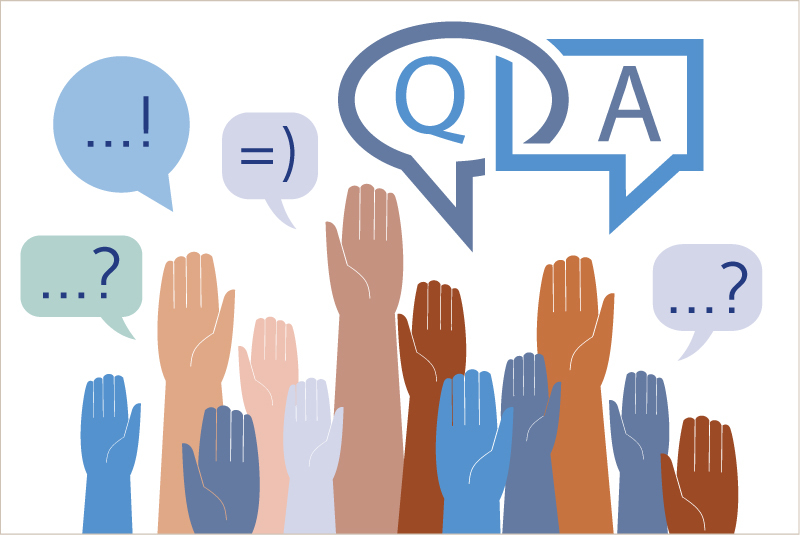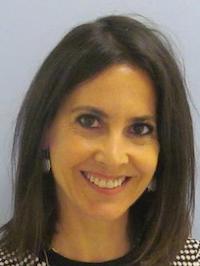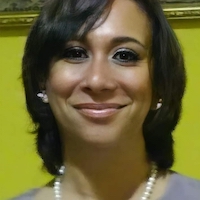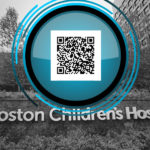We speak your language: Helping non-English-speaking families receive the best care

Visiting a health care provider requires a fair amount of communication, whether for scheduling an appointment, receiving care, or understanding follow-up directions. For families whose primary language isn’t English, the Interpreter Services program at Boston Children’s Hospital can help make those discussions easier.
“Our team of interpreters provides translation services in more than 70 languages,” says Sandy Habashy, director of Interpreter Services. Each day, members of her team are involved with 500 to 700 appointments. “Our goal is to help our families and health care professionals understand each other — whether it’s in person at our main campus or satellite locations, during a virtual visit, or on a phone call — so that each child receives the absolute best care possible.”
We spoke with two of our interpreters to learn more about their work.
How do you work with families?

“It totally depends on the day,” says Clara Perez Ruiz, a Spanish language interpreter. “We see children coming to the hospital for any reason you can imagine: surgery, routine checkups, specialty day appointments, emergency care. We may see a family once or very frequently depending on their child’s needs. Especially for these frequent visitors, we create a very nice bond as we know our families can be dealing with a lot.” Most of the patients Perez Ruiz sees are local families but many come from Latin America as well.
Maha El-Attar, an Arabic-language interpreter who is also an Egyptian-trained pediatrician, mostly sees international families. These families are coming from the Middle East for specific treatment, such as neurosurgery or orthopedic surgery, or care of a rare congenital condition. “Not all of us have a medical background, but it can be very helpful in guiding families through the intricate procedures their child receives,” she says.
How many different families do you work with each day?
“It varies, but I typically work with at least five or six different families a day, both in person and on video consultations,” says Perez Ruiz.
“The same is true for me,” says El-Attar, “but I tend to stay with a family throughout their appointments in a single day. But there are days when I see 15 different patients because we also support local Arabic-speaking families.”
What is your favorite part of this job?
“I particularly enjoy helping patients and their families build a bridge between them and the provider,” says El-Attar. “It is very rewarding to see a patient receive the treatment they need and improve afterward.”
“This role keeps me grounded and gives me perspective,” says Perez Ruiz. “I love the fact that I am constantly learning about rare conditions and new techniques, medications, and treatments.
What do families appreciate most about the services you provide?

“In my case, I not only help them with the language of medicine and navigating the hospital, but families also tell me how much they appreciate how we help them understand the culture here,” says El-Attar. She also helps health care providers who may not be aware of the important cultural nuances or preferences of a particular family.
“Most commonly, families tell me how grateful they are,” adds Perez Ruiz. “They are relieved they can communicate to the medical team about the most important thing in their life, which is the health of their child.”
Learn more about how to schedule interpreter services while at Boston Children’s.
Related Posts :
-

Virtual visits give Weston time to grow and thrive
For many kids and parents, staying home during the COVID-19 pandemic was a challenge. But for Weston Mahady and his ...
-

Making autism evaluations accessible: Boston Children’s tests virtual options
At this time the virtual autism diagnosis program is only available to internal Boston Children's Hospital primary care patients who ...
-

(Virtually) visiting the home to help control childhood asthma
Many children have difficulty taking their asthma medicine on a regular basis. Sometimes it’s a matter of feeling well ...
-

In-hospital telehealth: Care innovation during the COVID-19 pandemic
The quick response, or QR, code — that square barcode symbol used by smartphone apps to link users with specific information — ...





